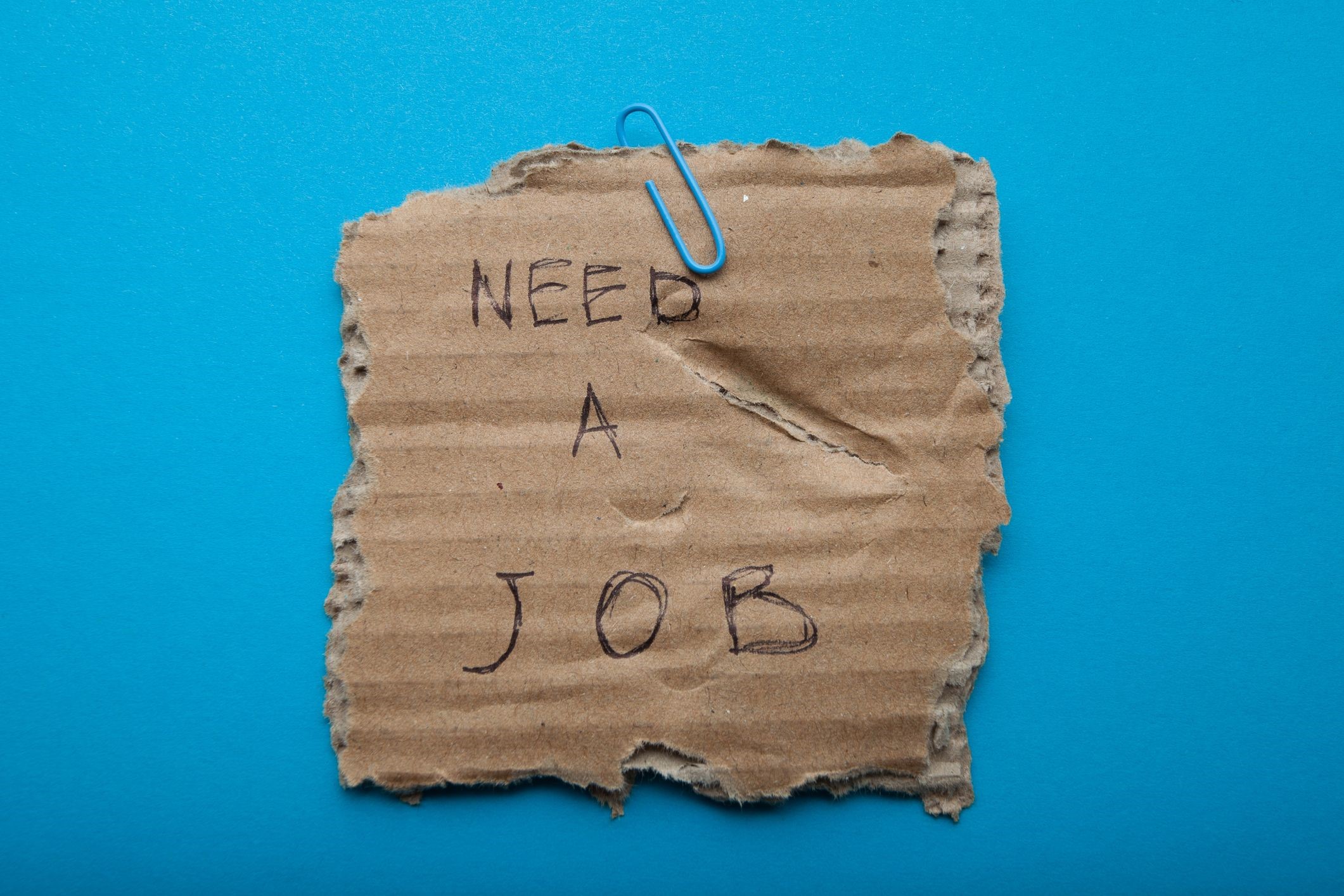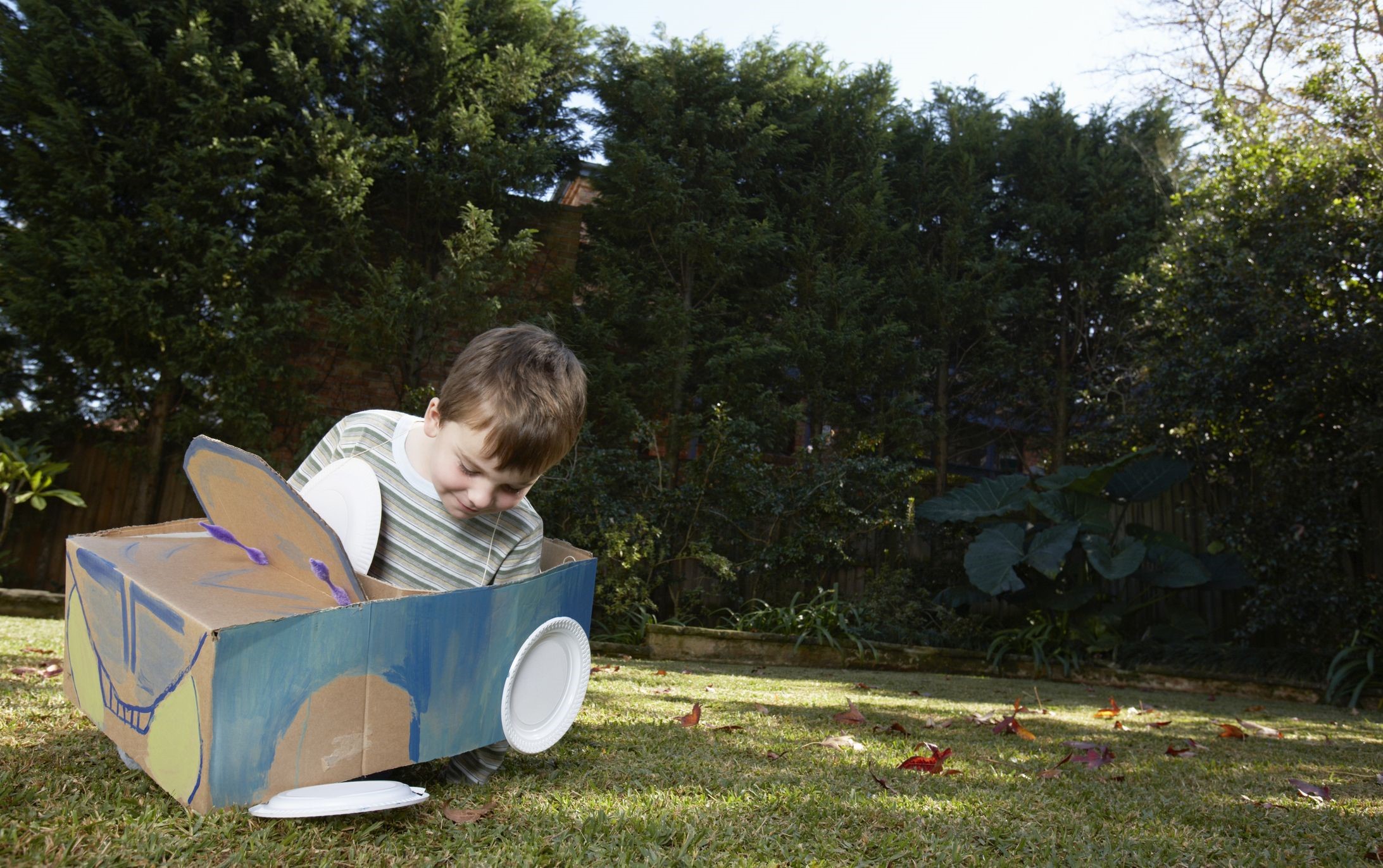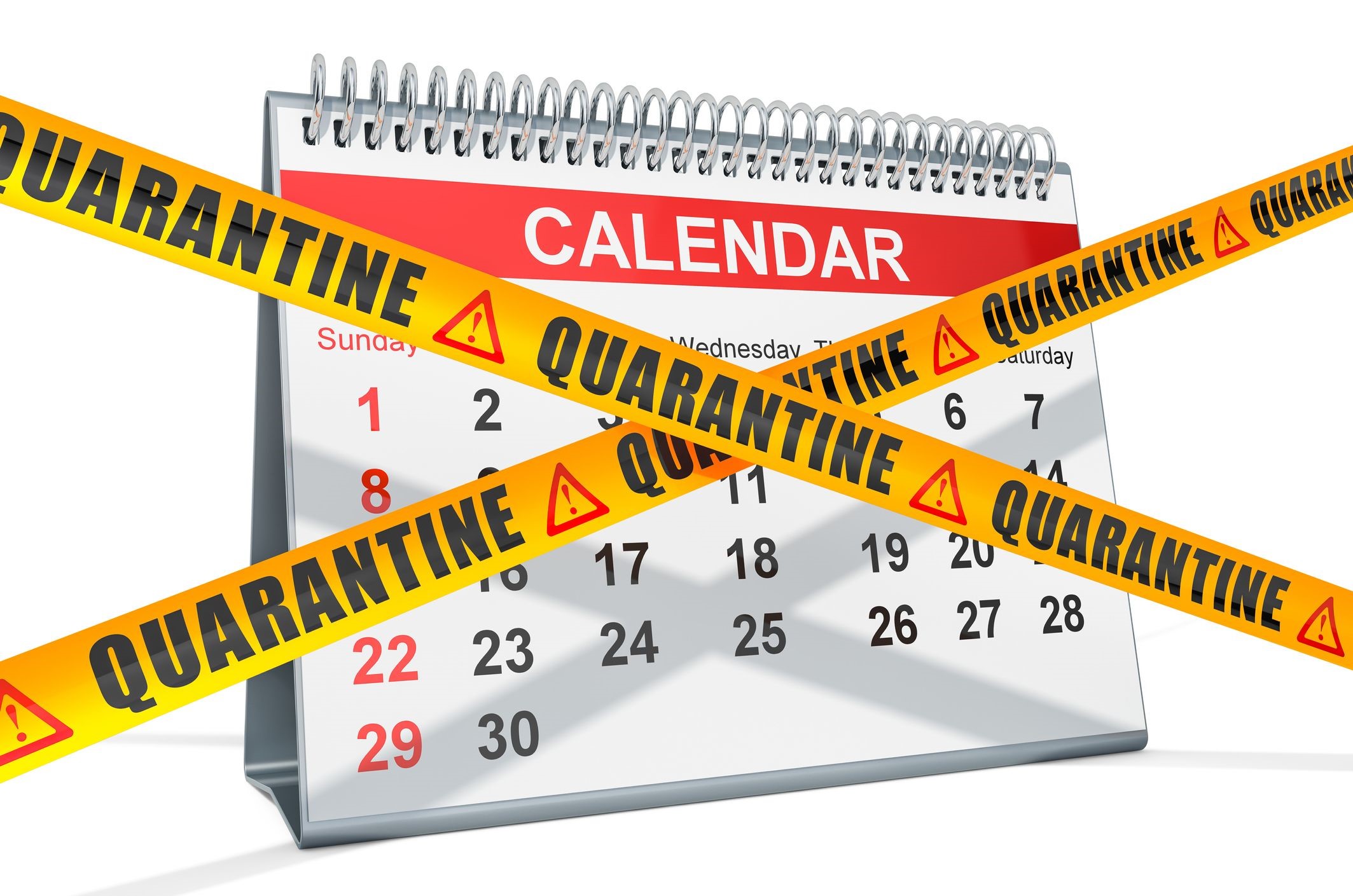
In the fourth wave of its weekly research series, Life on Lockdown, market research firm B&A examines some of the key trends and sentiments as the country looks towards May 5th when some of the current restrictions may be lifted.
Relaxing Restrictions
- Though days and dates mean nothing to us right now, the 5th of May is the exception, etched on our brains.
- While we know there are no guarantees, we are keen for some relaxation of restrictions, however limited.
- There’s a psychological eagerness to feel that we’re making progress, that there’s an exit strategy to be implemented, even if it takes a very long time to be rolled out in full.
- Having adjusted to the ‘new normal’ of lockdown, we know that this will not be a return to pre-Covid life but ‘new normal 2.0’.
- We’re wondering what this phase will be like. How will social distancing be achieved in our offices, schools, our public transport? Will there be more lockdowns in the future if the virus flairs up again (what’s being termed as ‘the hammer and the dance’)?
- But many of us are yearning for some return to business as usual. Even if small scale and temporary. Venturing 3km from our homes has never looked so exciting.

Finding Flaws
- Becoming more critical of the government’s actions as time goes on.
- Failure to anticipate how Covid-19 would ravage nursing homes was a major error with devastating consequences.
- Backlogs in testing and recording death figures are making it difficult to interpret the data, which is one of the most important tools in our arsenal for managing response
- The more cynical / anti-Fine Gael among us see Varadkar’s return to medicine as a PR stunt rather than a genuine and useful action.
- Luckily for government approval ratings, the political establishment in the US/UK have made multiple errors and mismanaged the crisis on an infinitely more serious scale, so the Irish look good by comparison.
- But increasingly, we’re holding ourselves to higher expectations and comparing ourselves to countries like Germany, New Zealand. There’s zero room for complacency.

Economic outlook
- Meanwhile, the economic prognosis is looking grim.
- The numbers already claiming social welfare are horrifying, predictions of the longer-term impact on employment and GDP even more so.
- The actual effects of this on people’s lives hasn’t hit yet. Short term payment schemes and mortgage holidays are minimising the impact. There’s very little to spend money on during lock down, so we aren’t feeling the pinch.
- But there’s no doubt its coming. We’re struggling to understand what the projections mean for the ordinary person. How much worse will depression feel compared to recession? Will the fact that it’s global be a positive thing (in that there’ll be a collaborative effort to stimulate recovery) or negative?
- After the devastating recession of 2008, the squandered recovery of the last decade, there’s already huge concern that the ordinary person will be made to shoulder the worst of the consequences … again. Last time we saved the banks at the expense of everyone else. This time, the growing feeling is that they owe us.

Inner Resourcefullness
- The last recession changed our buying habits quite significantly and this crisis promises to do the same.
- It’s early days, but we’re already seeing shifts in consumer behaviour.
- Supporting local is the new buying Irish. We’re aware of how shockingly vulnerable local enterprise is at the minute. We don’t want to lose our cafes, restaurants, producers and small shops, so we’re doing our best to support them.
- We’ve been impressed at how nimble and resourceful small business has been in reacting to the crisis, connecting with customers and keeping trade going, no matter what it takes. Whether that’s switching to takeaway, selling wholesale stock, developing their online offering, supporting the vulnerable and the front line.
- With non-food shopping no longer an option, we’re getting to grips with practices that our grandparents have long advocated. Reusing. Making do and mending. Informal swapping and sharing (toys, tools, DVD collections).
- The last recession made ‘savviness’ a badge of honour, this time ‘resourcefulness’ looks like an emerging virtue.

The milestones of life
- In the early days of the crisis, we didn’t grasp quite how long our lives would be impacted. As we cancelled immediate plans, we presumed we’d reschedule in the near future.
- But now it’s apparent that the whole summer (at least) will be put on hold because of Covid-19. And that’s hugely disruptive to the rituals, milestones and celebrations of our lives.
- Whole year groups will be missing out on their rights of passage. Bidding farewell to their primary school friends as they head off to secondary. The rituals of the Junior and the Leaving Cert. Post Leaving Cert holidays to Ibiza.
- And that’s before we get into the cancelled festival circuit, birthdays, weddings, holidays of a lifetime. Newborns that won’t be held by doting grandparents until they’re past that magical stage.
- While we know there are bigger things to worry about right now, there’s something terribly sad about the rituals that will be denied to us and memories that will end up radically different to the ones we expected. These are times we’ll never get back.
Implication for Brands
- Getting ready for ‘new normal 2.0’ when restrictions start to be relaxed is hugely important. The onus is on everyone to get this right because failure here will slow our emergence from lockdown. There are particular challenges ahead for the likes of public transport companies and the stakes are sky high.
- As brands plan their recessionary strategies, it’s worth taking lessons from the last downturn. Although, this will look very different, we know that brands that actively supported consumers in tough times (Aldi, Lidl, Penneys) maintained that support and grew share even as the economy recovered. If you can be there for your customers when things get bad, they will reward that with loyalty in the long term.
- The local angle is a powerful driver at the minute, so brands should be communicating their role within that
- There’s a lot of ‘thinking outside the box’ strategies out there among small businesses trying to stay afloat (restaurants turning into takeaways, cafes becoming farm shops, hotels selling wine straight to customers). Not only is this a good way of keeping trade going, it’s also impressing and engaging consumers.
- For brands that have a role in celebrating ‘milestones’ like birthdays, there are clear opportunities to lift the mood and create positive memories, even if business models have to be radically rethought. Again, throw out the rulebook and do whatever works.




















